Genesis, the luxury vehicle division of Hyundai, shares manufacturing facilities and engine production with its parent company. While many Genesis models utilize the same engines as their Hyundai counterparts, differences arise in tuning, materials, and luxury features. A notable example is the upcoming Genesis GMR-001 Le Mans race car, which will feature a V8 engine composed of two 4cyl WRC engines bolted together.
Genesis as Hyundai’s Luxury Arm
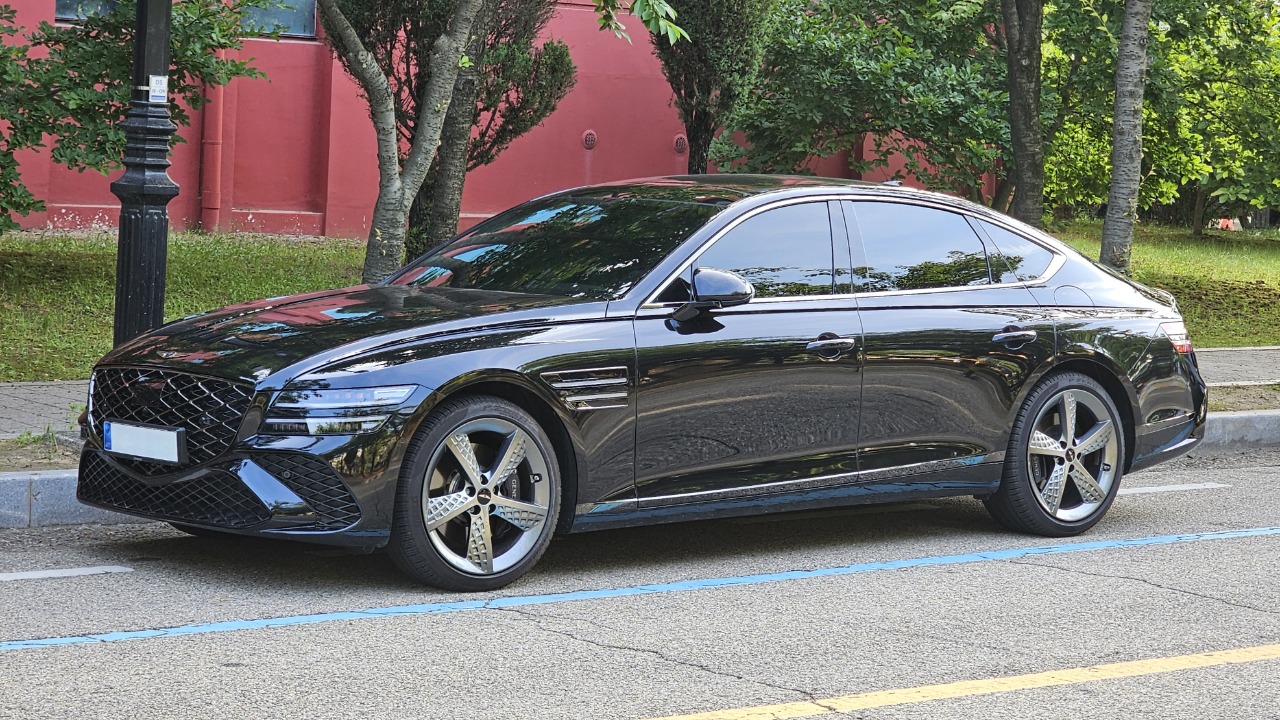
Genesis was established as a standalone luxury brand under the Hyundai Motor Group in 2015. Its initial launch included models like the Genesis G80 sedan, designed to compete with brands such as BMW and Lexus. Hyundai, as the parent company, oversees Genesis’s design, engineering, and production, leveraging shared corporate resources without the need for independent manufacturing.
Genesis vehicles are assembled in Hyundai’s global plants, such as those in South Korea and Alabama, USA. This approach allows Hyundai to maintain cost efficiency while elevating the prestige of the Genesis brand.
Engine Manufacturing for Genesis Vehicles
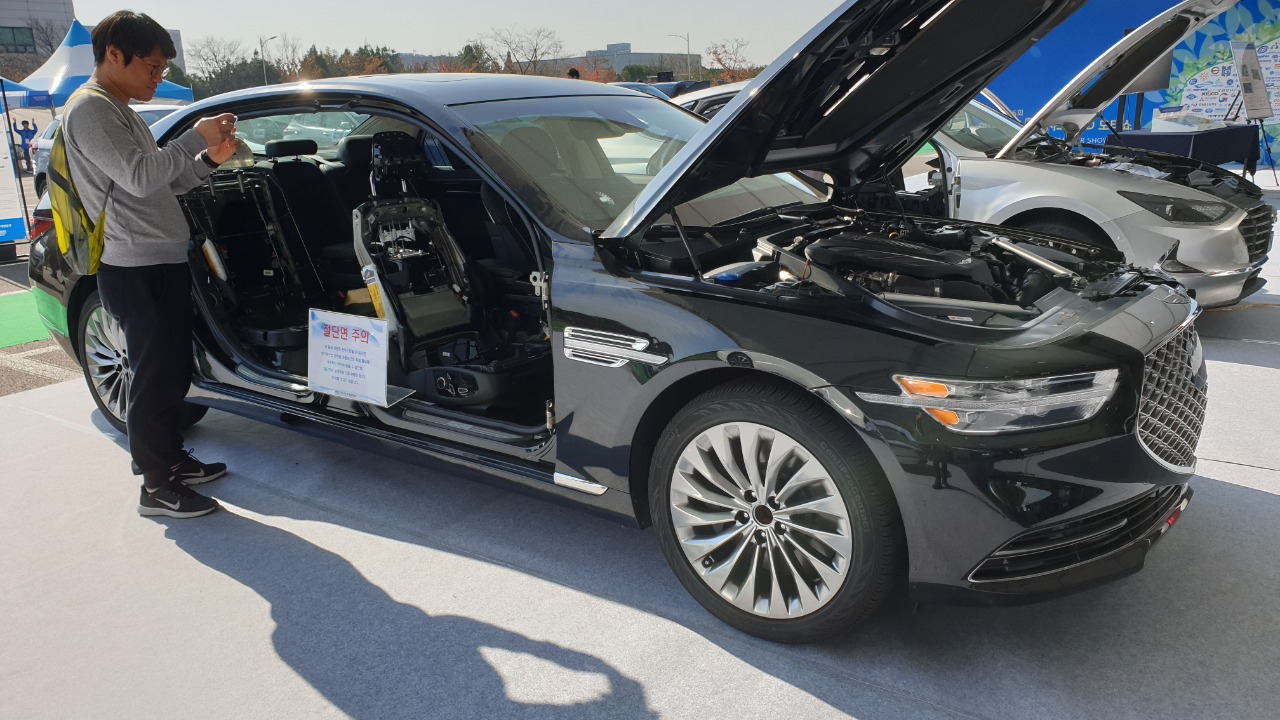
The primary production of Genesis engines takes place at Hyundai’s dedicated powertrain facilities in Ulsan, South Korea. Here, both gasoline and electrified units are built to Hyundai Motor Group’s specifications. The integration of advanced manufacturing techniques at the meta factory allows for scalability in the production of hybrid and EV components, which are shared across the Hyundai-Kia-Genesis lineup.
Specific engine families like the Lambda V6 and Theta II inline-four are used in Genesis models. These engines are produced in high volumes at Hyundai plants to ensure reliability.
Shared Engine Platforms Between Genesis and Hyundai
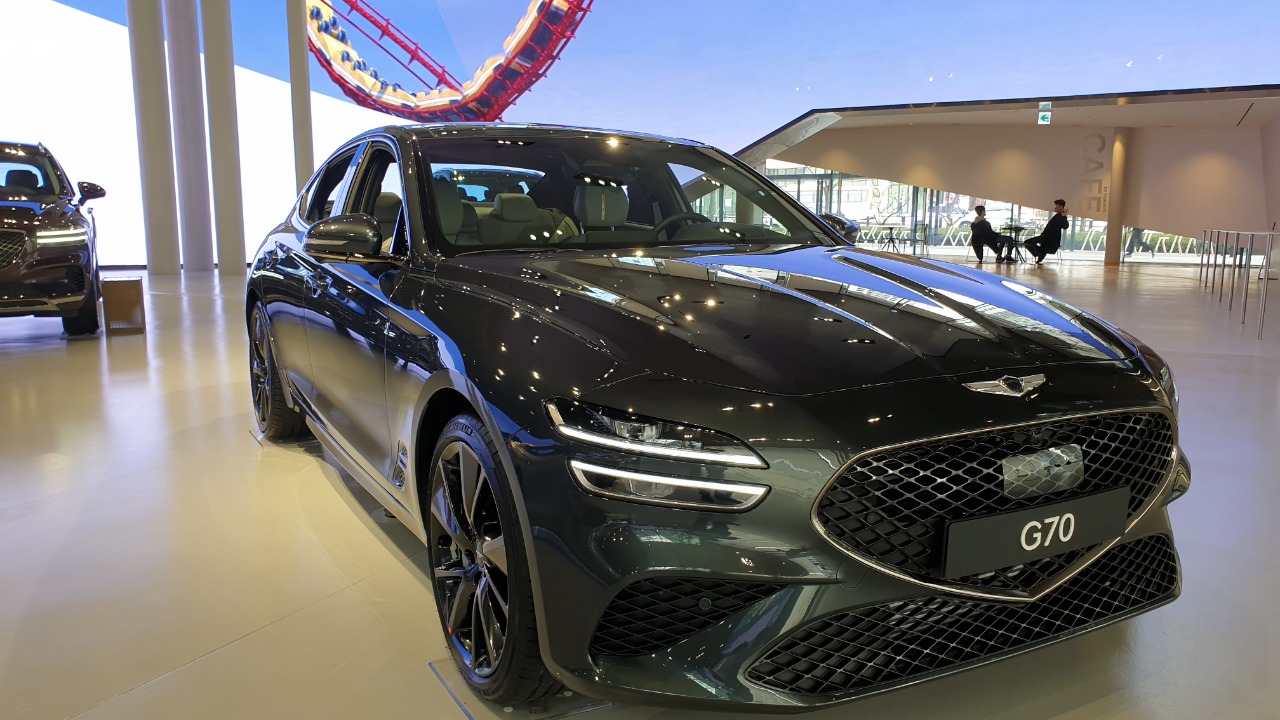
Genesis SUVs like the GV80 use the same base 3.5-liter twin-turbo V6 engine as Hyundai’s Palisade. The identical displacement and core architecture allow for shared parts sourcing. Similarly, the entry-level engines, such as the 2.5-liter turbocharged four-cylinder found in both the Genesis G70 and Hyundai Sonata, have identical block and head designs.
Hybrid powertrains also illustrate the platform sharing between Genesis and Hyundai. For instance, the 1.6-liter turbo hybrid in the Genesis Electrified GV70 mirrors the powertrain in Hyundai’s Tucson Hybrid.
Differences in Engine Tuning and Features
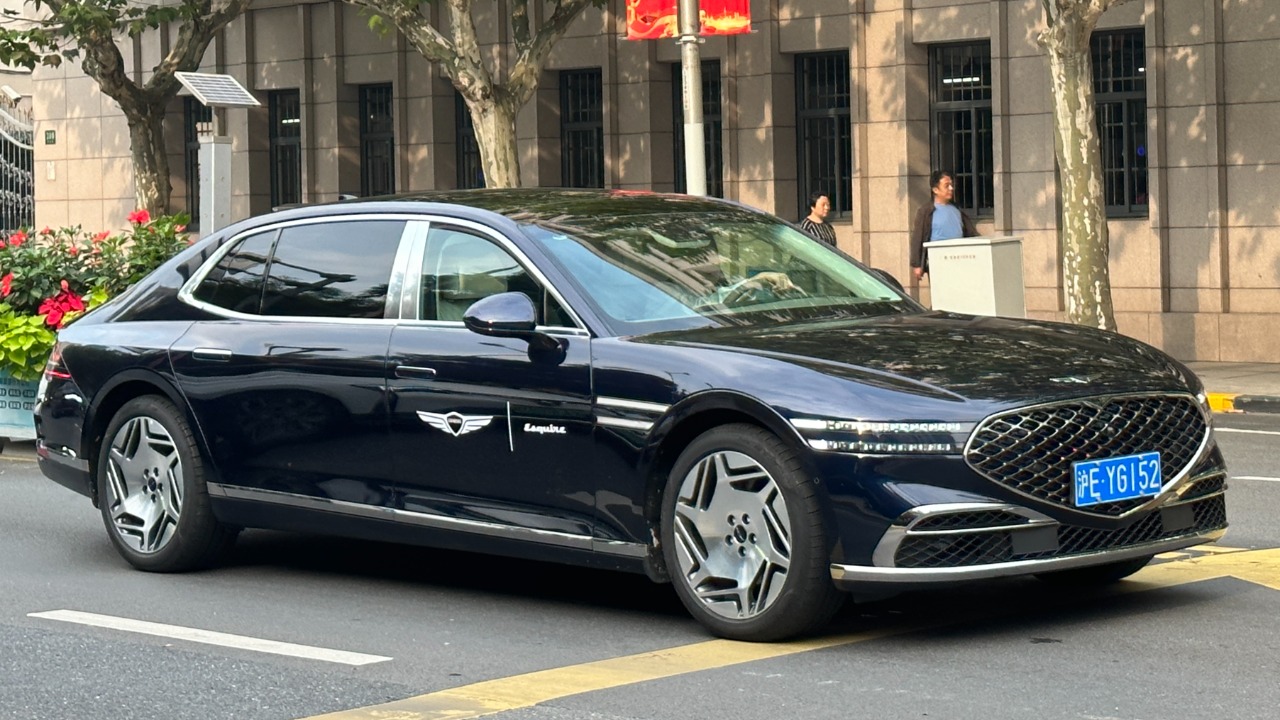
Despite the shared engine platforms, Genesis engines receive premium tuning. For example, the 3.8-liter V6 of the G90 has enhanced ECU mapping for smoother power delivery compared to Hyundai’s equivalent in the Genesis sedan. Genesis applications also feature material upgrades, including lighter aluminum components and advanced coatings not standard in Hyundai variants, to improve performance and noise, vibration, and harshness (NVH) levels.
Luxury-specific integrations further differentiate Genesis engines from their Hyundai counterparts. Adaptive variable valve timing, exclusive to Genesis engine calibrations, is one such feature that sets Genesis apart despite the shared hardware.
Future Engine Innovations for Genesis
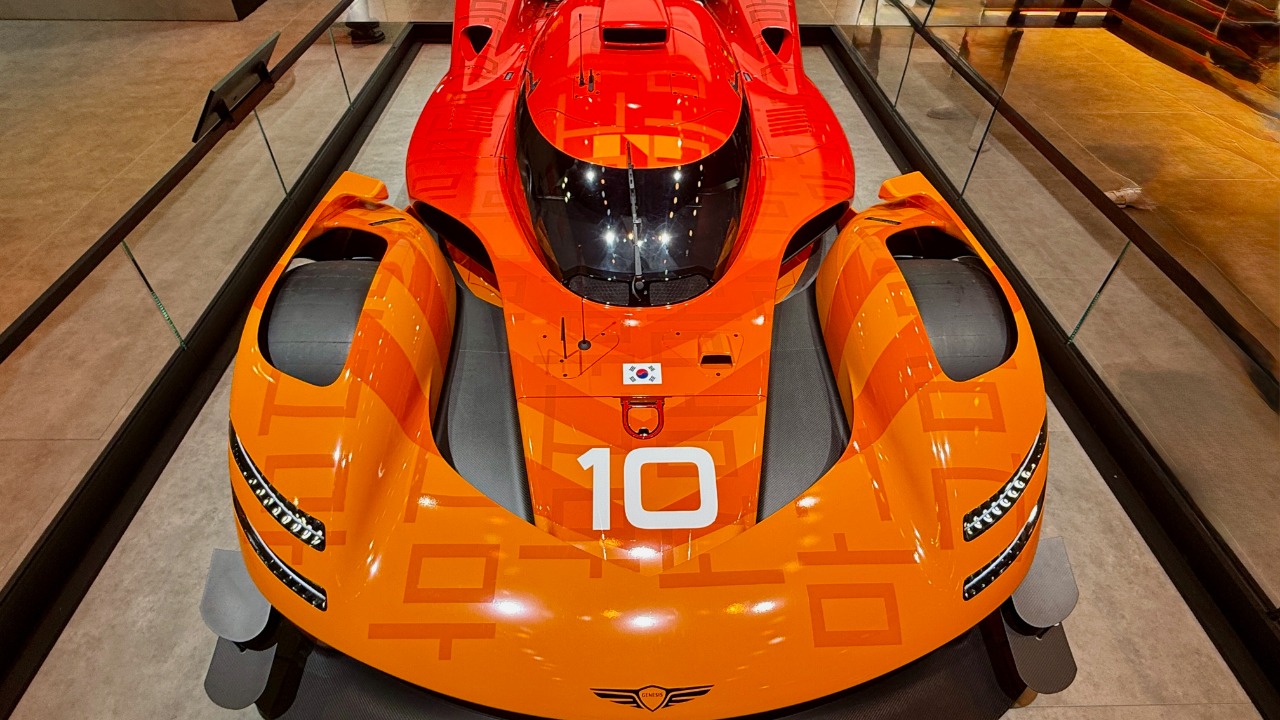
A recent visit to the meta factory on May 24, 2025, revealed Hyundai’s preparation of Genesis for next-gen engines. These include solid-state batteries and modular EV architectures. The Genesis GMR-001 Le Mans car’s innovative V8 engine, which will be two 4cyl WRC engines bolted together, is an example of the high-performance racing applications Genesis is exploring.
Plans for electrified Genesis engines evolving from Hyundai’s platforms also emphasize sustainability features. These include the use of recycled materials in powertrain assembly.
Performance and Reliability Comparisons
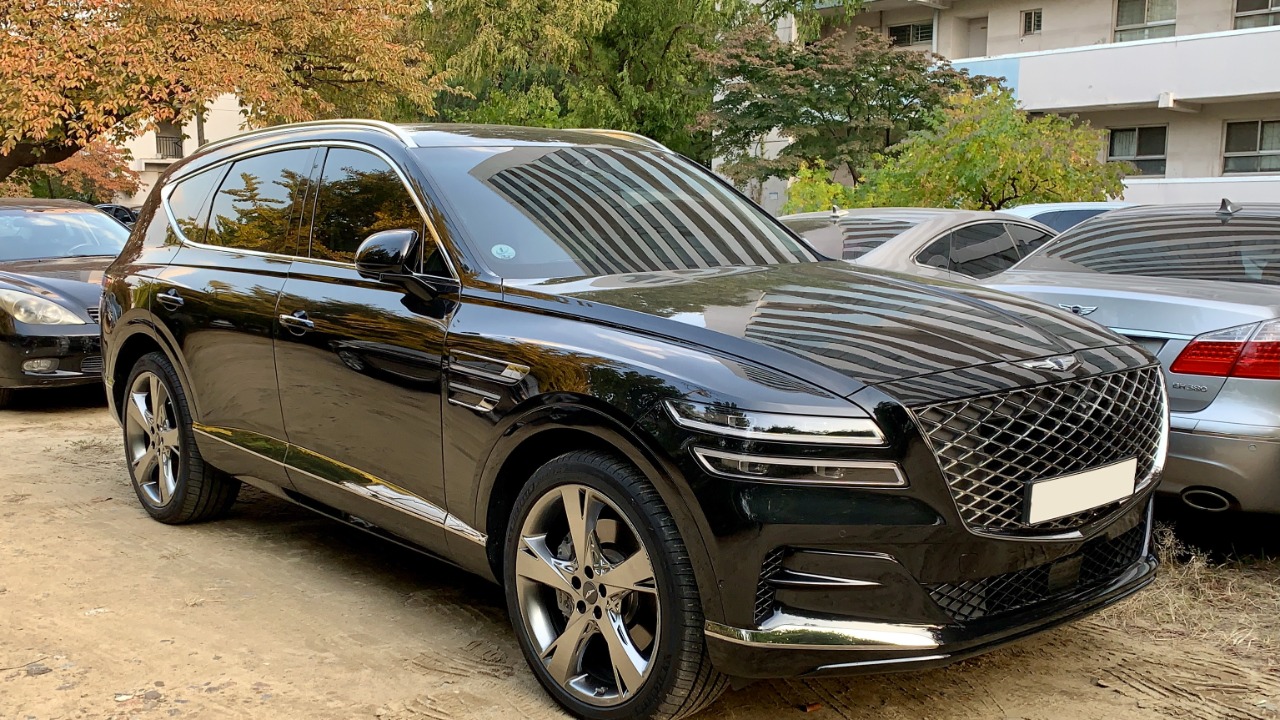
Real-world metrics reveal the performance differences between Genesis and Hyundai engines. For instance, the Genesis GV80’s 3.5T engine delivers 375 horsepower, while the Hyundai Palisade’s version, using the same block, is detuned to 291 horsepower. Reliability data from shared engines show identical warranty coverage under Hyundai Motor Group for both brands, with no significant differences in failure rates reported.
User and expert feedback on drivability indicates that Genesis tuning provides a more refined experience despite the hardware overlap with Hyundai models. This refinement is a testament to Genesis’s commitment to delivering a luxury driving experience.